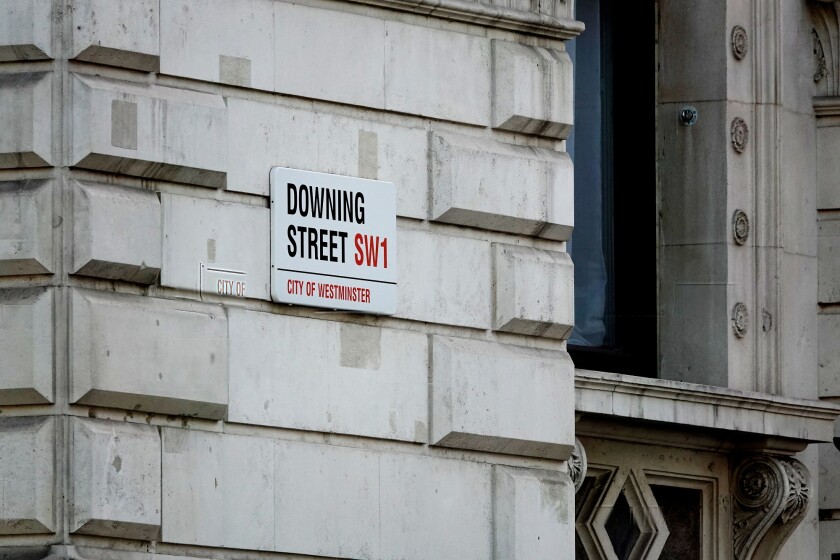The Rishi Sunak government has rejected calls to keep corporate tax at 19% instead of raising it to 25%, but Conservative members of Parliament may rebel over the issue.
A government spokesperson stressed that the UK corporate tax rate is still low by international standards, adding: “To promote long-term growth, it’s vital we stick to our plan to halve inflation this year and reduce debt.”
The spokesperson added that from April, when the new threshold kicks in, the UK’s corporation tax rate will still be the lowest in the G7.
“Businesses with profits below £250,000 [$300,000] will be protected from the full rate rise, with 70% of UK companies not facing any increase at all,” the spokesperson said.
It was in response to a letter from Conservative MPs, including Iain Duncan-Smith and Mark Francois, sent to the prime minister. The letter, published by The Sunday Telegraph yesterday, February 19, called for the corporate tax increase to be cancelled in the upcoming spring budget.
“We are writing to urge you to reconsider the government’s plans to increase corporation tax from 19 percent to 25 percent in April this year,” the letter said.
“If the increase proceeds, potential new jobs and higher national output will be lost and your commendable ambition of transforming Britain into a ‘science superpower’ will be undermined. Levelling-up hopes will be hit hard,” the MPs argued.
Pharmaceutical company AstraZeneca has already said it will build a major factory in Ireland instead of the UK because of the corporate tax increase.
The letter’s signatories highlighted this as one of the problems of higher corporate rates. But Chancellor Jeremy Hunt shows no sign of backing down. The UK spring budget is set to be announced on March 15 and some tax professionals expect no change on corporate tax.
Charlotte Sallabank, partner at law firm Katten UK in London, said: “The government is keen to ensure that it maintains the focus on fiscal responsibility.
“However, given the current cost of living crisis, it may be that the chancellor might announce some limited tax cuts but they would probably not take immediate effect.”
The Sunak government is expected to hold off on tax cuts until the autumn budget, but the government could still face more pressure from MPs in the meantime.











